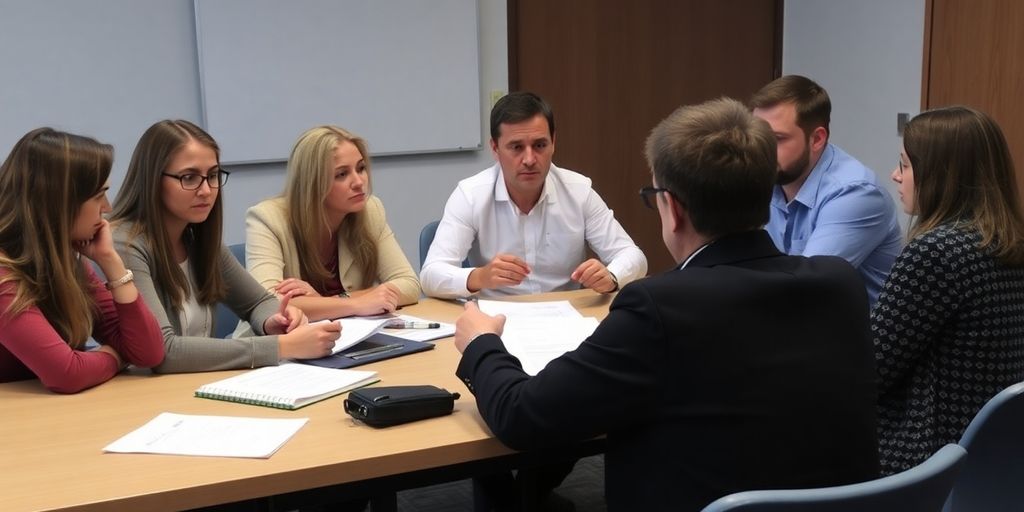Bosnia and Herzegovina has taken a significant step in combating human trafficking by certifying 14 expert trainers, including police officers and labor inspectors, in line with European standards. This initiative, which took place on December 5, 2024, aims to enhance the country’s institutional response to labor exploitation and trafficking.
Key Takeaways
- 14 trainers certified to combat human trafficking and labor exploitation.
- Training based on Council of Europe-tailored modules.
- Focus on sustainability and continuity in addressing trafficking.
- Involvement of former trafficking victims in training programs.
- Over 650 representatives trained from various sectors.
The Certification Ceremony
The certification ceremony marked the conclusion of a two-year capacity-building project led by the Council of Europe. The trainers, who have undergone extensive education through specialized modules, are now equipped to share their knowledge with frontline staff who directly engage with victims of trafficking. This initiative is crucial for establishing a sustainable and effective response to human trafficking in Bosnia and Herzegovina.
The Human Trafficking Landscape
Despite progress, Bosnia and Herzegovina remains a significant source, transit, and destination country for human trafficking. Official data indicates that most victims are citizens of Bosnia and Herzegovina, with women and children being particularly vulnerable. The most common forms of exploitation include:
- Forced begging
- Prostitution and sexual exploitation
- Labor exploitation and servitude
- Forced marriages
- Coercion into criminal activities
The ongoing global crises, including conflicts and climate emergencies, exacerbate these vulnerabilities, making it imperative for the country to strengthen its response mechanisms.
Involvement of Survivors
A unique aspect of this initiative is the inclusion of former trafficking victims in the training process. Their insights have been invaluable in shaping the training content and ensuring that it addresses the real experiences and needs of victims. This approach not only empowers survivors but also enhances the effectiveness of the state’s response to human trafficking.
Collaborative Efforts
The project has seen participation from over 650 representatives across various sectors, including:
- Executive and legislative bodies
- Judiciary
- Law enforcement agencies
- Non-governmental organizations (NGOs)
Two regional conferences were also held to promote cross-border cooperation in investigating and prosecuting human trafficking cases. These events focused on critical issues such as:
- Victim compensation rights
- The misuse of technology in trafficking
Future Directions
The Council of Europe emphasizes the need for greater coordination among government levels and the inclusion of civil society in combating human trafficking. As stated by Vahagn Muradyan, Deputy Head of the Council of Europe Office in Sarajevo, a structured response is essential to curb exploitation and ensure victims have access to justice.
Stanislava Tanić, Head of the Anti-Trafficking Department of the BiH Ministry of Security, highlighted the importance of partnerships between state institutions, civil society, and international organizations. Such collaborations are vital for establishing effective mechanisms to identify victims and facilitate their reintegration into society.
In conclusion, the certification of these trainers represents a vital milestone in Bosnia and Herzegovina’s ongoing battle against human trafficking, paving the way for a more robust and coordinated response to this pressing social issue.






